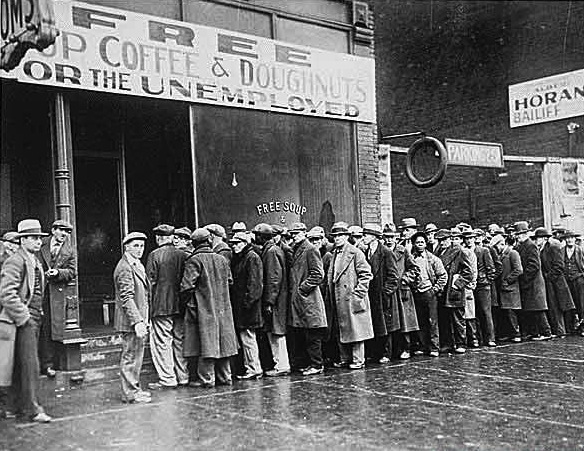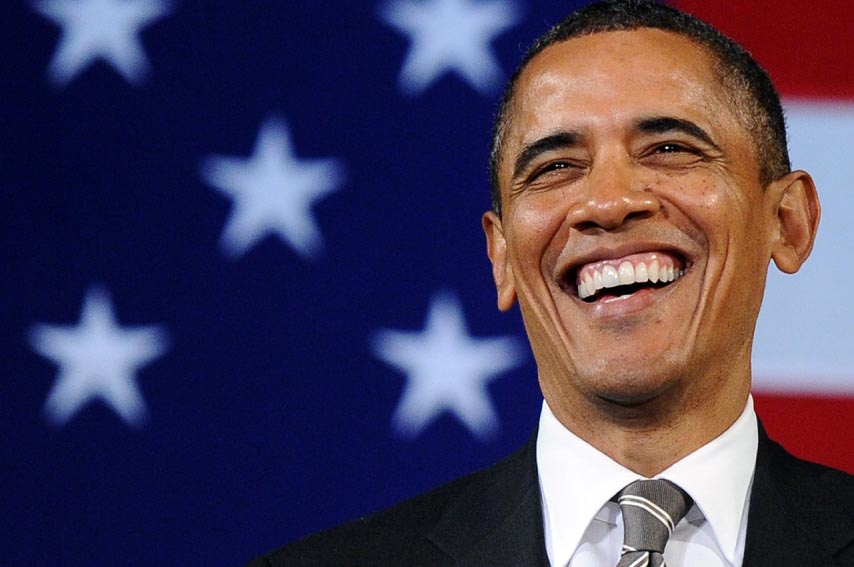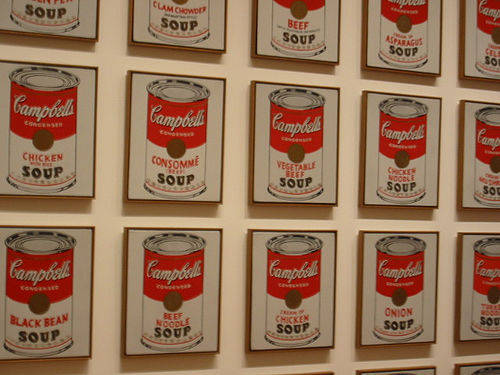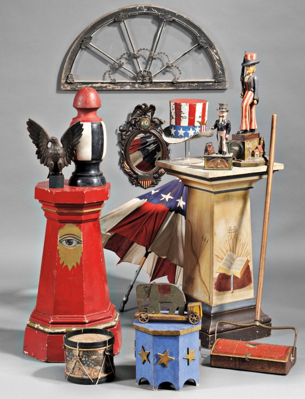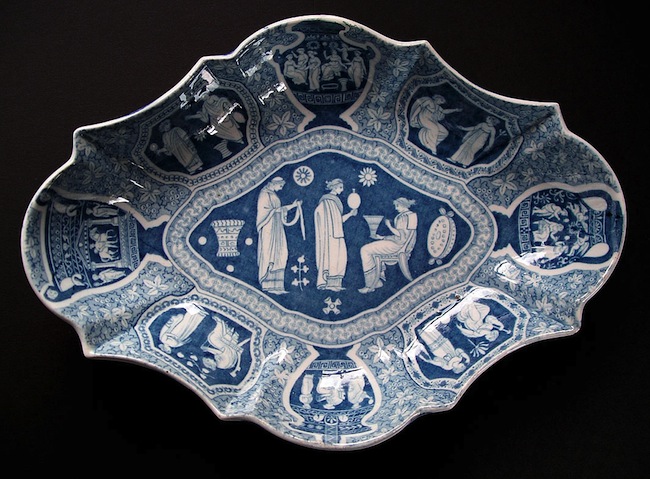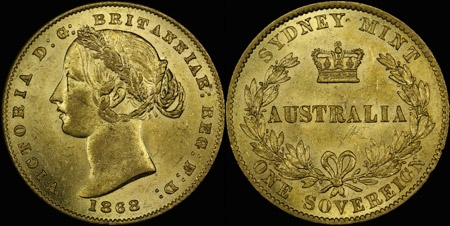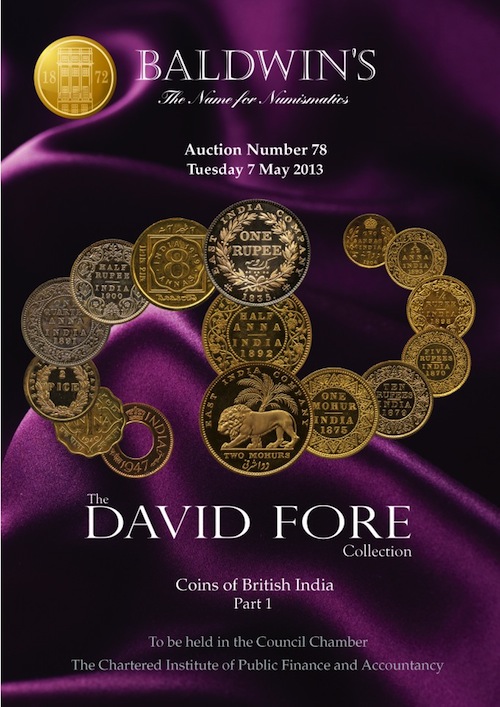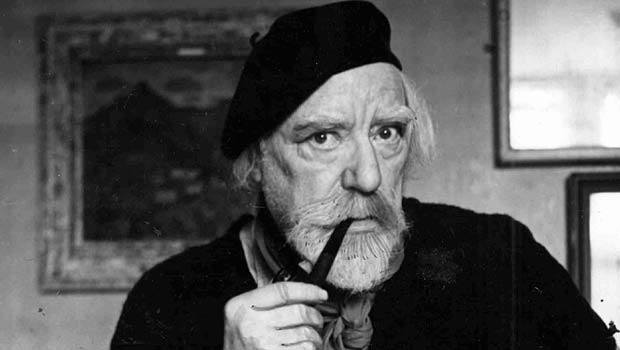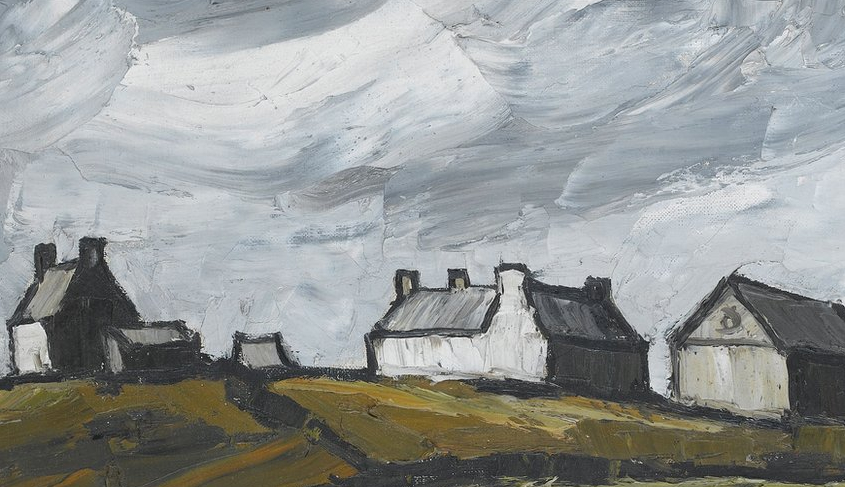1900
First Pan-African Congress convenes in London to promote the liberation of colonized people; W.E.B. Du Bois serves as secretary
Composers Scott Joplin and Eubie Blake pioneer ragtime music
1901
Booker T. Washington organizes the National Negro Business League
1903
W.E.B. Du Bois publishes The Souls of Black Folk
1905
Robert S. Abbott publishes the Chicago Defender,which becomes a major newspaper for African American current events and opinion; it reaches a national circulation of 250,000 by 1929
1906
State Federation of Colored Women’s Clubs incorporates Alpha Phi Alpha as the first black Greek letter fraternity, for undergraduates at Cornell University
1907
Alain Locke becomes the first African American to receive a Rhodes Scholarship
1909
National Association for the Advancement of Colored People (NAACP) is created under the direction of W.E.B. Du Bois
1910
NAACP begins publishing Crisis magazine
1911
National Urban League is founded to train young African American men and women as social workers and provide fellowships to students
c. 1915
Great Migration begins as African Americans in large numbers begin to flee the socially repressive South in search of jobs in wartime industries and better social conditions in the North; between 1910 and 1930, one million blacks settle in Washington, D.C.; Philadelphia; and New York City
1917
300,000 African Americans serve in the U.S. armed forces in World War I
1918
Cyril Briggs founds the African Blood Brotherhood, a radical black nationalist organization
1919
“Red Summer” in which race riots occur in twenty-six U.S. cities
Marcus Garvey organizes and leads the first major black nationalist movement in the U.S., advocating separatism and racial purity
1920s
Decade of the Harlem Renaissance, a cultural flourishing of African American visual artists, writers, musicians, and performers who garner recognition and access to white cultural institutions and patronage; the renaissance, also called the New Negro Movement, develops in Harlem, a neighborhood in New York City, and extends nationally
1923
Blues singer Bessie Smith records the hit song “Down Hearted Blues,” which sells 800,000 copies
1924
U.S. Immigration Act restricts the number of persons of African descent, mainly from the West Indies, permitted to enter the country in favor of immigrants from Western Europe
1926
Historian Carter G. Woodson establishes “Negro History Week” to commemorate the achievements of African Americans
Arthur Schomburg donates his personal collection of black literature to the New York Public Library’s Division of Negro Literature; renamed the Schomburg Collection of Black Culture, it is considered one of the foremost repositories of black literary artifacts in the world
1930s
Economic effects of the Great Depression devastate the nation and African Americans in particular
1931
Nine African American men, known as the Scottsboro Boys, are falsely accused and convicted of rape in Alabama
Jazz composer and pianist Duke Ellington records “Creole Rhapsody,” marking the beginning of his experimentation with new jazz forms
1933
President Franklin D. Roosevelt’s New Deal allows many black artists to benefit from federal arts projects and establishes dialogue between the federal government and African American officials
1936
African American track-and-field athlete Jesse Owens challenges Nazi myths of white superiority by winning four gold medals at the Olympic Games in Berlin
Reelection of President Franklin D. Roosevelt marks the first time a large majority of African Americans vote for a Democratic candidate
Roosevelt appoints Mary McLeod Bethune to the newly established Office of Minority Affairs
1938
NAACP appoints Thurgood Marshall as a special counsel responsible for all cases; he remains in this capacity until 1961, when he serves as a federal judge in the circuit court of appeals
Credit: sparknotes

